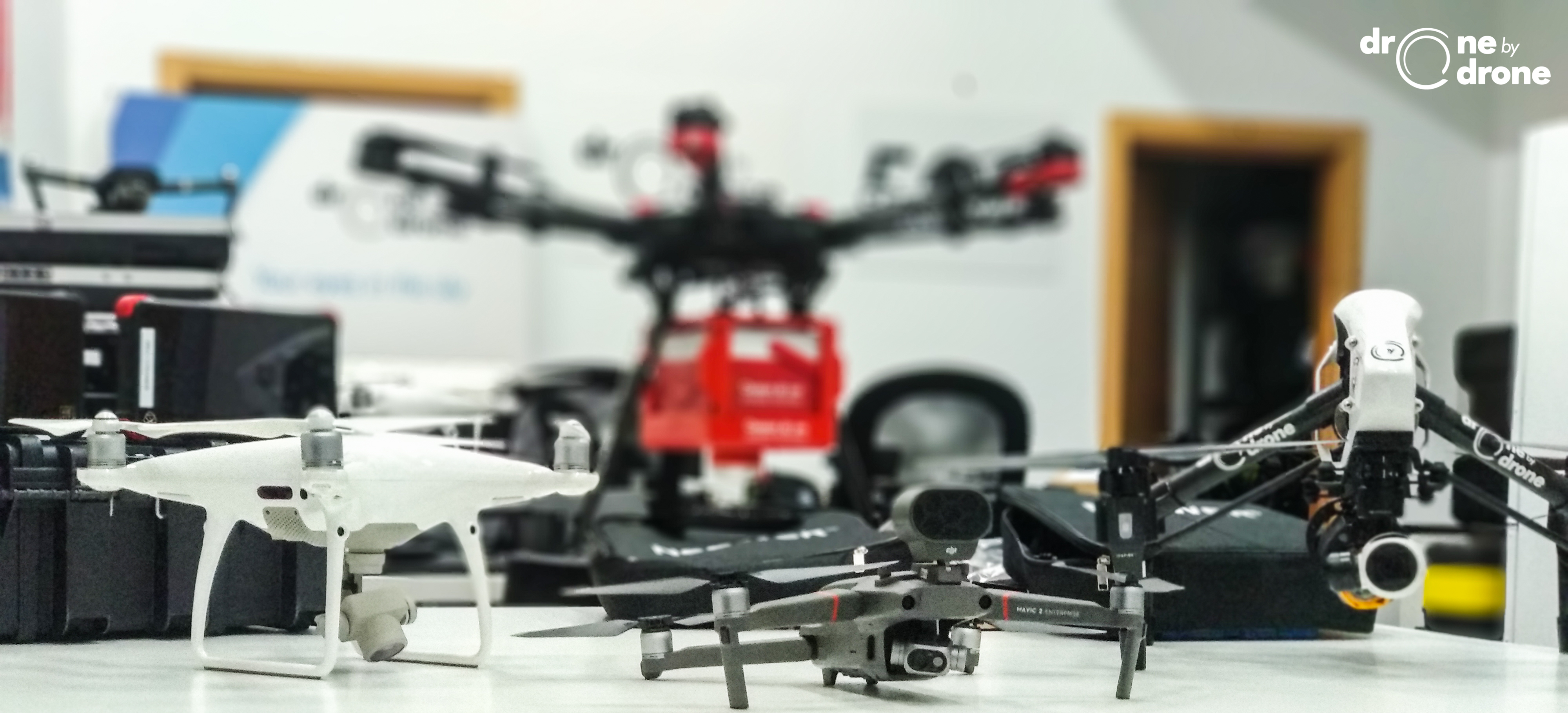Everyone knows that drones are very useful tools in emergencies. During the Alarm State due to the threat of COVID19, it is being demonstrated that the use of drones for very diverse tasks is very practical and improves police surveillance operations from the ground. Although, its efficiency must also be considered on a case-by-case basis, and it may sometimes not be considered due to loss of performance compared to traditional terrestrial solutions.
In any case, the use of drones and their operations must be carried out in accordance with current legislation, both the generic one for the flight of drones, mainly RD1036 / 2017, and the particular one at the time determined by the Alarm State and the activities allowed, essential or not, as the case may be.
A question that all of us should ask ourselves is whether the current legislation in force at any time in the State of Alarm allows us to carry out work. And not only its realization, but also the how.
In order to resolve these doubts, it is advisable to consult the BOE and study the latest measures in force for the movement of people and work that can be done.
Specialized RPAS air operations by operators enabled during the alarm state can be performed:
1.- As long as the “Royal Decree-Law 10/2020, of March 29, which regulates a recoverable paid leave for employed persons who do not provide essential services, in order to reduce mobility, is applicable of the population in the context of the fight against COVID-19 ”, only if:
a) - They fall within one of the sectors excepted from the application of RDL 10/2020, of March 29, or
b) -They are carried out without the intervention of employed workers.
2.-When RDL 10/2020 is no longer applicable.
In any case, the operation must comply with any other applicable regulations. In particular, the operator must have the corresponding authorization for the operation to be performed. For example, the corresponding authorization from AESA in the cases contemplated in article 40 of RD 1036/2017 for flights in Controlled Air Space, Night, Over Building Agglomerations, etc.
Due to the health emergency caused by COVID19 and the subsequent approval of the State of Alarm by the State, the following circumstances may occur:
OPTION 1: Carry out operations under article 44 of RD 1036/2017, which establishes
that a public authority responsible for the management of a situation of serious risk, catastrophe or public calamity may require the collaboration of authorized operators so that they can make flights without adjusting to the conditions and limitations provided for in RD 1036/2017.
This article is applicable in the current Alarm State declared by RD 463/2020, of March 14. According to article 4 of this royal decree, the competent authorities are:
Article 4. Competent authority.
1. For the purposes of the state of alarm, the competent authority will be the Government.
2. For the exercise of the functions referred to in this royal decree, under the highest direction of the Prime Minister, will be delegated competent authorities, in their respective areas of responsibility:
a) The Minister of Defense.
b) The Minister of the Interior.
c) The Minister of Transport, Mobility and Urban Agenda.
d) The Minister of Health.
Likewise, in areas of responsibility that do not fall within the competence of any of the Ministers indicated in paragraphs a), b) or c), the Minister of Health shall be the delegated competent authority.
Therefore, depending on the area of responsibility where the operation is framed, the responsible public authority will ultimately be the corresponding minister. The operation must be coordinated with the Ministry, through the Government Delegation, to make the operation request to the authorized operator and that it operate under the conditions established in art. 44 of RD 1036/2017.
If the operation is carried out in controlled airspace or FIZ, it will be necessary to coordinate with the air traffic service provider, as established by ENAIRE on its website, through SYSRED H24. In addition, it is deemed necessary that the operation be reported to CEPIC for the purposes of coordination with the Security Forces and Corps.
OPTION 2: The case of subcontracting operators by Public Administrations or Security Forces and Bodies can be given.
If a public body or the Security Forces and Corps need to subcontract RPAS operator services, without resorting to article 44 of RD 1036/2017, they should be enabled for the operation in question or authorized by AESA if the scenarios are the contemplated in art40 of RD1036 / 2017.
As can be seen, the regulations involved in these operations are complex, and therefore a thorough study and verification of each specific case is required, and logically you keep written documentation of the communications made with each of the administrations involved.
We hope we have shed a little light on these issues, which arise for all of us during these days, both for our 'normal' activity of routine work, and for the more specific ones in support of the administrations in their fight against COVID19.


